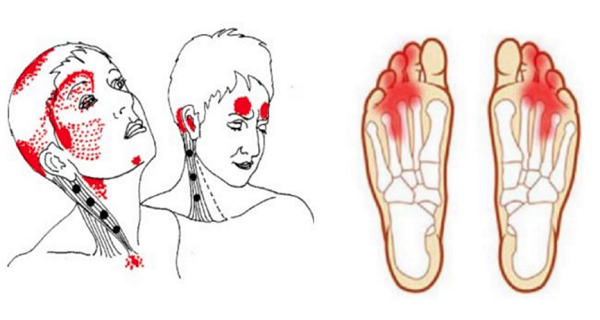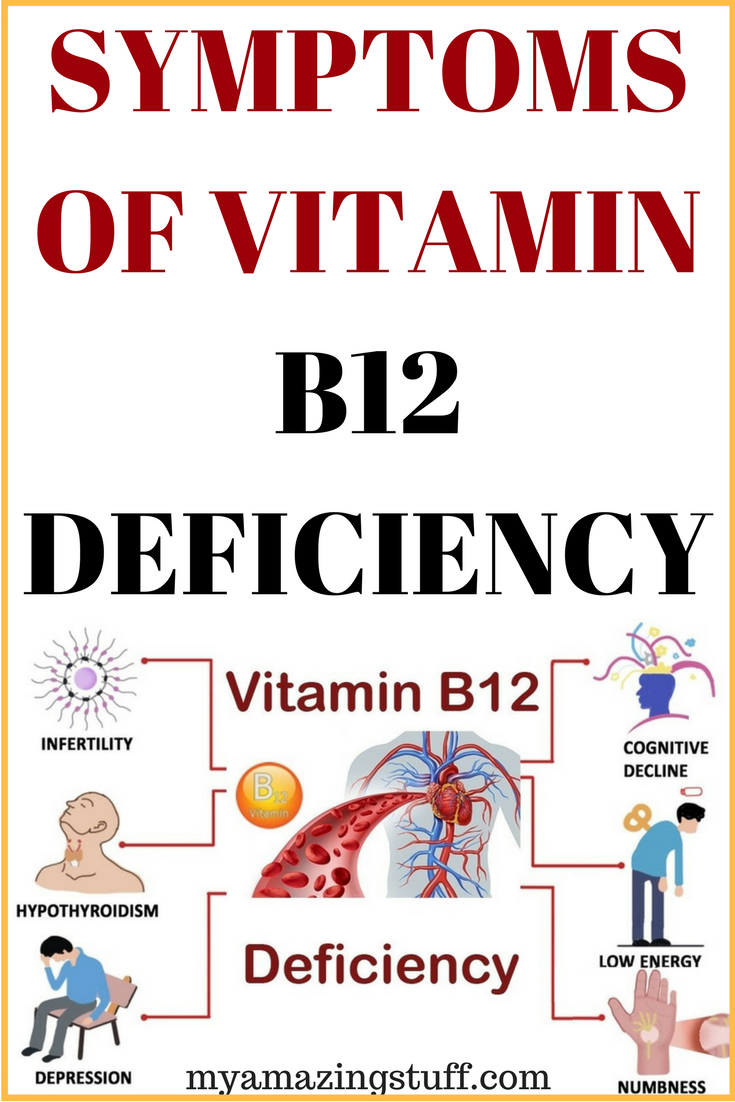Vitamin B12 is one of the essential nutrients for our health. The body can’t produce this vitamin on its own, which means that we have to intake it through a dietary source. According to statistics, 40% of Americans lack vitamin B12, and the problem is increasingly more common in people diagnosed with chronic fatigue syndrome and fibromyalgia.

Have you recently experienced mood changes, lack of motivation, brain fog or fatigue? If you have, you are probably lacking vitamin B12. Here are some symptoms of vitamin B12 deficiency:
- Numbness and tingling in the limbs;
- Loss of balance;
- Anemia;
- Inflamed tongue;
- Jaundice;
- Paranoia and hallucinations.

Besides these common symptoms, vitamin B12 deficiency may cause brain fog, depression, and neuropathy. There are simple tests you can take at your doctor which can determine if you’re suffering from the problem. However, vitamin B12 serum deficient is not an efficient marker as the effect of the vitamin occurs within the cells. We suggest consulting your doctor and getting an Intracellular vitamin B12 test. If the hospital in your area doesn’t offer this test, you should test your homocysteine and methylmalonic acid levels which are more accurate indirect vitamin B12 measures.
Meat contains the most bioavailable form of vitamin B12, while vegetarian sources of the vitamin are rare.
CAUSES OF VITAMIN B12 DEFICIENCY
Lack of vitamin B12 can be caused by the following factors:
PERNICIOUS ANEMIA
Pernicious anemia is a type of disease in which the body lacks red blood cells due to anemia. The common symptoms of this condition are fatigue, smooth red tongue, poor reflexes, confusion, and depression. If left untreated, some of these problems can become permanent and cause bigger problems.
LEAKY GUT SYNDROME
Leaky gut syndrome (intestinal hyperpermeability) is usually caused by gluten sensitivity, dairy sensitivity, parasitic or bacterial infections. The condition occurs when the protein from the food we eat breaks the intestinal wall and leaks into the gut, resulting in toxins and other harmful molecules to enter the bloodstream and activate the cells of our immune system. This also affects the body’s ability to properly absorb vitamin B12. If you’re suspecting that you’re suffering from leaky gut syndrome, you should get tested at a doctor. The solution for the problem is as easy as cutting out the grain, dairy products, sugar and processed food from your diet.
POOR GUT MICROBIOME
There are beneficial bacteria in our intestines which help us break down food and absorb important nutrients into the bloodstream. However, if there are insufficient levels of beneficial bacteria in your gut, it can result in improper absorption of vitamin B12 and other nutrients. The microbiome population is determined by a number of probiotics and sugar you consume. If the levels of beneficial bacteria in your gut are low, you need to cut out sugar from your diet and start eating a healthier diet.
STOMACH ACID MEDICATIONS
Heartburn is one of the most common symptoms of gluten sensitivity and other digestive problems. People usually treat this problem with prescription medications which reduce the levels of stomach acid as well as the intrinsic factor levels. However, this can also affect the levels of vitamin B12 in your body, so it’s best to treat the problem naturally.
CHEMOTHERAPY
One of the most common side-effects of chemotherapy is vitamin B12 deficiency. The harmful chemotherapy drugs can irritate the stomach lining and harm the intestinal cells, causing big problems in your body. In order to fight the side-effects of these drugs, cancer patients on chemotherapy are advised to take vitamin B12 and folic acid supplements.
